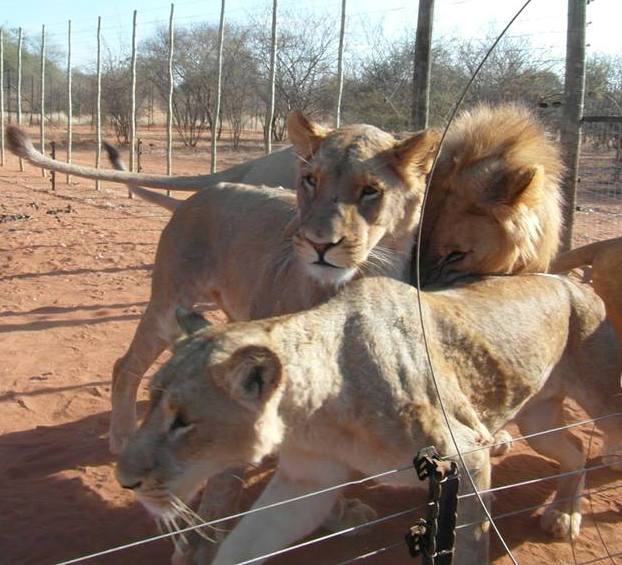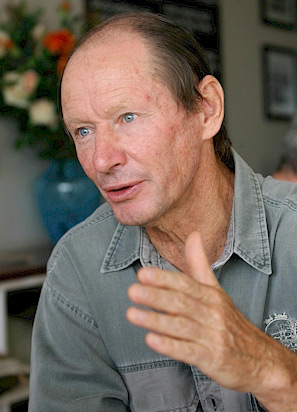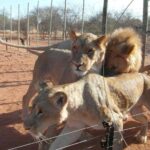Trading In Lion Bones For MONEY
Shame On All Those Involved
Trading In Lion Bones For MONEY – There is something macabre and evil about the thought of killing healthy, endangered or canned lions for their bones and then exporting them from South Africa – in part or as an entire skeleton to – China, Laos and Vietnam. There is money to be made so the consequences to the lion populations are irrelevant to those involved.
This doesn’t happen in a vacuum the players include – governments and their officials, criminals, transporters, those who are willing to be bribed, canned lion farmers, the apathetic public for not raising a mighty voice in protest, ignorant, tuned-out world leaders, CITES for not protecting wildlife and ultimately the UGLY CONSUMER of these products.
SHAME ON SOUTH AFRICA
SHAME ON LAOS
SHAME ON VIETNAM
SHAME ON CHINA
SHAME ON HUMANITY FOR TURNING A BLIND EYE
Guest Writer
Chris Mercer – CACH
Mr. Mpho Tjiane
Tel: +27 12 399 9596 – mtjiane@environment.gov.za
Dear Mr Tijian – We should like to add our support for the points made by wildlife documentary film producer Karl Amman, motivating for a zero quota for all lion body parts, wild and captive bred. In particular, he stresses the following arguments:
- Most of the key importers, in Laos and Vietnam, of lion bone from South Africa are well known wildlife dealers who are involved in a wide range of wildlife trafficking activities going beyond bones. (Previously most exports were going via Mr. Vixay Keosavang but now new Vietnamese players with operations in Laos are involved)
- Cross border trafficking is based on a well-established bribe price per 100 kg of any such commodity, with all the lion bones having been imported into Laos ending up going across the border into Vietnam or via Boten into China. All these onward shipments are in contravention of the CITES rules.
- Dealers are captured on camera saying that none of their clients can tell the difference between a lion and a tiger skeleton and as such it is very easy to sell lion bones, teeth and claws as coming from tigers. The end consumers of all these lion bone products are thus being defrauded.
These are just some of the down the line consequences relating to the lion bone export. There is no doubt that the trade further enriches criminals deeply involved in a wide range of illegal wildlife trade activities.
Making wildlife trafficking more profitable clearly encourages more of the same. (some of these dealers have already approached Tanzanian Professional hunters offering to buy their lion bones).
SA lion farms sell a full skeleton for U$ 1800. At the time Karl Amman published the attached analysis of the value chain for lion skeletons from the farm in South Africa to the trader of tiger glue/cake in Vietnam. See attachment. Clearly South Africa is a minor beneficiary and it is the traffickers who make all the big money.
800 skeletons a year at U$ 1800 for a complete set is less than U$ 1.5 million income per annum. In terms of a cost and benefit analysis, this policy can NOT be justified.
Yours
Chris Mercer
CACH




